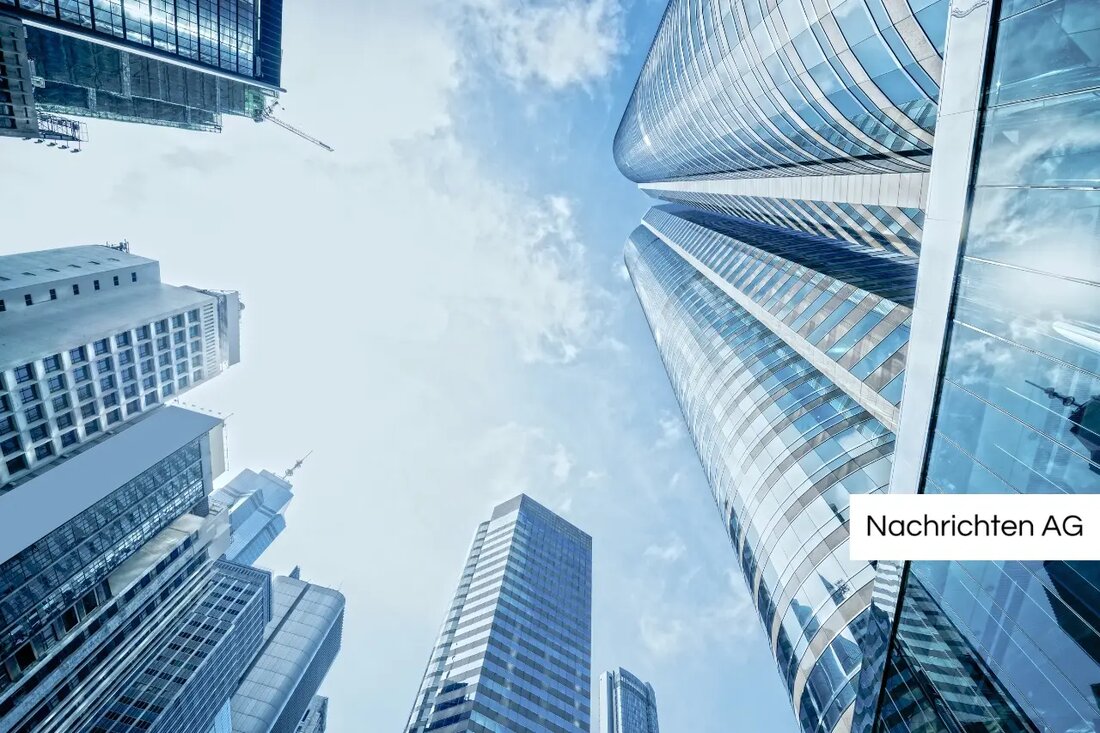Neustadt in focus: future of the Baltic Sea fishing on the brink!
Neustadt in focus: future of the Baltic Sea fishing on the brink!
On April 2, 2025, an important event was held in the cafeteria of the Jacob Lienau School in Neustadt under the title "Our Baltic Sea, our fishing: perspectives for a sustainable future". The organizers, the city of Neustadt and the German Environmental Aid had expected a lively participation, but over 100 interested people came together to find out about the future of fishing in the region. One of those present included experts from the areas of fishing, environment, science, authorities and tourism.
The event consisted of several central topics and lectures. Particularly noteworthy was the project presentation "Baltic Sea fishing in (climate) change", which was presented by the German Environmental Aid on behalf of the Federal Ministry of Environment. The critical location of the Baltic Sea was discussed, which is very threatened by climate change, overfishing and eutrophication. The current situation of fish populations, especially cod and herring, is alarming because it is historically poorly documented. As a result, fewer and fewer fishermen can continue their work, which forces many to give up their craft.
The challenges of coastal fishing
Coastal fishing not only has a high cultural status, but also plays an important role in the regional economy, as it ensures a large part of the jobs in fishing in the Baltic Sea. The need for a holistic, ecosystem -based fishing management was impressively emphasized during the event. In order to maintain regional and sustainable coastal fishing, the development and distribution of sustainable fishing methods is of crucial importance. This was particularly illustrated by the presentation of the further developments in fishing methods by the Schleswig-Holstein fishing protection association and the University of Hamburg.
A central point of the discussion was also the identity of the locals, which is closely linked to fishing, as well as their importance for tourism. The cooperation between the city of Neustadt, the German Environmental Aid, the Schleswig-Holstein fishing protection association and the University of Hamburg continues as part of the project, which has a term until March 30, 2026.
outlook on sustainable developments
In summary, it can be said that the event received positive feedback. The organizers were extremely satisfied with the lively discussions and the great interests of the participants. The events illustrate the urgency of dialogue and cooperation between science, politics and fishing, in order to get closer to a sustainable and climate -compatible future for Baltic Sea fishing. The Federal Ministry for the Environment, Nature Conservation, Nuclear Security and Consumer Protection supports this project and promotes participation in the funding focus to adapt to the consequences of climate change. For more information about the challenges of fishing and the necessary steps to a sustainable coastal fishing in the Baltic Sea, the articles from Deutsche Environmental Hilfery and DetailsQuellen


Kommentare (0)